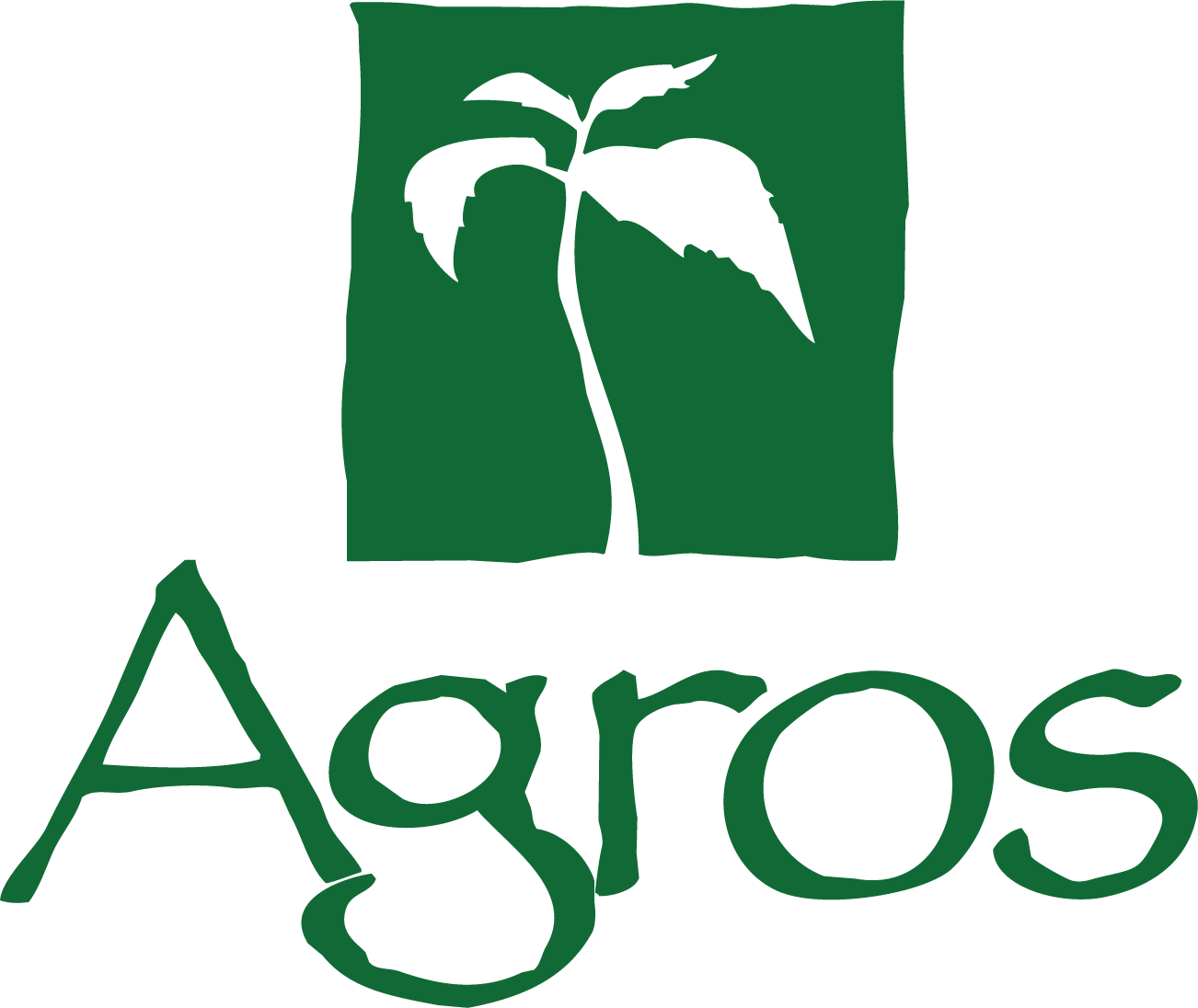Author: ChatGPT
Small farmers in Central America face a range of challenges that can make it difficult for them to succeed and build sustainable livelihoods. These challenges can include:
1. Fluctuations in global commodity prices: Small farmers in Central America often rely on the export of a single commodity, such as coffee or bananas, as a main source of income. However, global commodity prices can fluctuate significantly, which can make it difficult for farmers to predict their income and plan for the future.
2. Climate change: Small farmers in Central America are particularly vulnerable to the impacts of climate change, which can include extreme weather events, such as droughts and hurricanes, and changes in temperature and precipitation patterns. These impacts can damage crops and make it more difficult for farmers to grow their crops successfully.
3. Limited access to credit and other financial resources: Small farmers in Central America may have limited access to credit and other financial resources, which can make it difficult for them to invest in the infrastructure and equipment they need to improve their farms and increase their productivity.
4. Poor infrastructure: Many small farmers in Central America live in remote areas with limited access to roads, electricity, and other basic infrastructure. This can make it difficult for farmers to transport their crops to market, access information and resources, and connect with buyers and other stakeholders.
5. Limited access to education and training: Many small farmers in Central America have limited access to education and training, which can make it difficult for them to learn new techniques and technologies that could improve their farming practices and increase their productivity.
6. Social and cultural barriers: Small farmers in Central America may face social and cultural barriers that can make it difficult for them to participate in the economy and achieve their goals. For example, small farmers may face discrimination or exclusion based on their gender, race, or socioeconomic status.
To address these challenges and support small farmers in Central America, a range of organizations and initiatives have been developed. These include programs that provide small farmers with access to education and training, financial resources, and technical assistance, as well as initiatives that promote sustainable agriculture practices and fair trade policies.
For example, Agros International is a nonprofit organization that works to empower impoverished families in Central America to lift themselves out of poverty and build a better future for themselves and their communities. The organization helps families to secure land, build homes, and develop sustainable livelihoods through programs that provide training, resources, and support.
Another example is the Specialty Coffee Association, which promotes sustainable and ethical coffee production practices in Central America. The organization works with coffee farmers to improve the quality of their coffee and help them to access higher-priced specialty coffee markets.
Overall, small farmers in Central America face a range of challenges, but there are also many organizations and initiatives working to support and empower them to overcome these challenges and build sustainable livelihoods.
Sources:
Agros International: https://agros.org/
Specialty Coffee Association: https://www.sca.coffee/
“Small Farmers in Central America: Challenges and Opportunities”: https://www.fao.org/documents/card/en/c/ca5227en/

